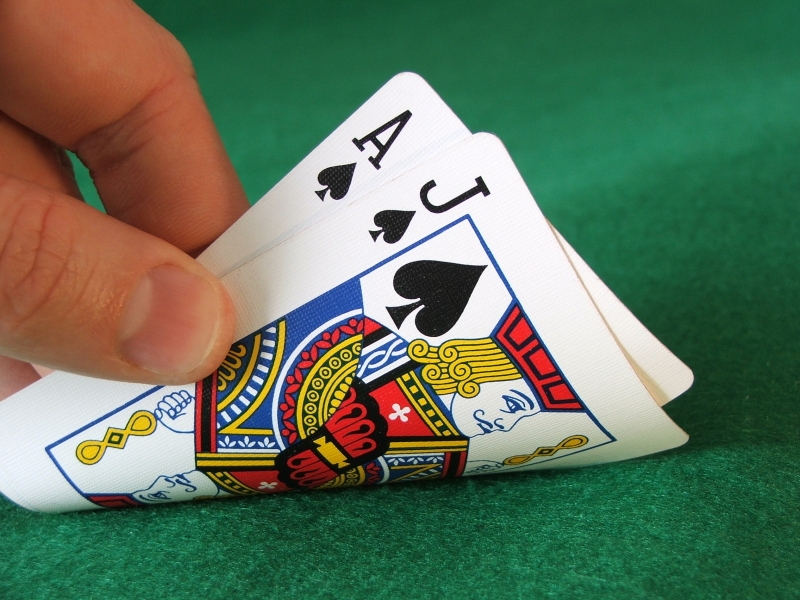Ray and Amanda Tears Smith wanted to patent a game that was a variation of blackjack. The game utilized standard playing cards, but incorporated a new set of rules. The Patent and Trademark Office found this game ineligible for a patent.
Patent-eligible subject matter is defined as “any new and useful process, machine, manufacture, or composition of matter, or any new and useful improvement thereof.” The Supreme Court has previously determined that laws of nature, natural phenomena, and abstract ideas do not fall under patent-eligible subject matter.
In order to surmise if a patent falls under the definition, examiners apply a two-step test. First, they determine whether the claims at issue are directed to a patent-ineligible concept such as an abstract idea. If the patent does not satisfy the first step the board looks to the second step. They will examine the elements of the claim to determine whether it contains an “inventive concept.” This inventive concept is enough to overcome the claimed abstract idea transforming it into a patent-eligible application.
The examiner, in the instant case, found that the game failed the first step of the test. The game is directed to rules for conducting a wagering game, which the examiner then found analogous to a “fundamental economic practice.” A fundamental economic practice is considered abstract by the Supreme Court. It is something that has a long, prevalent history in that particular market. The Board specifically reasoned that, “a wagering game is, effectively, a method of exchanging and resolving financial obligations based on probabilities created during the distribution of the cards.”
After the game failed the first step, the examiner moved on to the second step. Abstract ideas may still be patent-eligible if they contain an “inventive concept” that can “transform” the claimed abstract idea into a patent-eligible application. The claims here require shuffling and dealing physical playing cards. The examiner found that shuffling and dealing a standard deck of cards are “purely conventional” activities. The board affirmed this decision and found the game ineligible of acquiring patent protection.
This finding does not foreclose the opportunity for patents in the gaming arts area. The Patent and Trademark Office has issued method claims on new ways of playing standard card games with a standard card deck. The board also acknowledged that a new or original deck of cards could potentially survive the second-step of the analysis.

